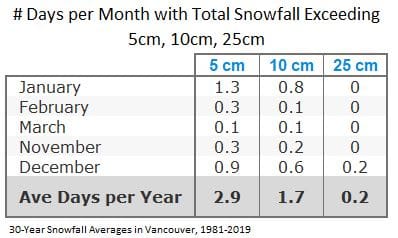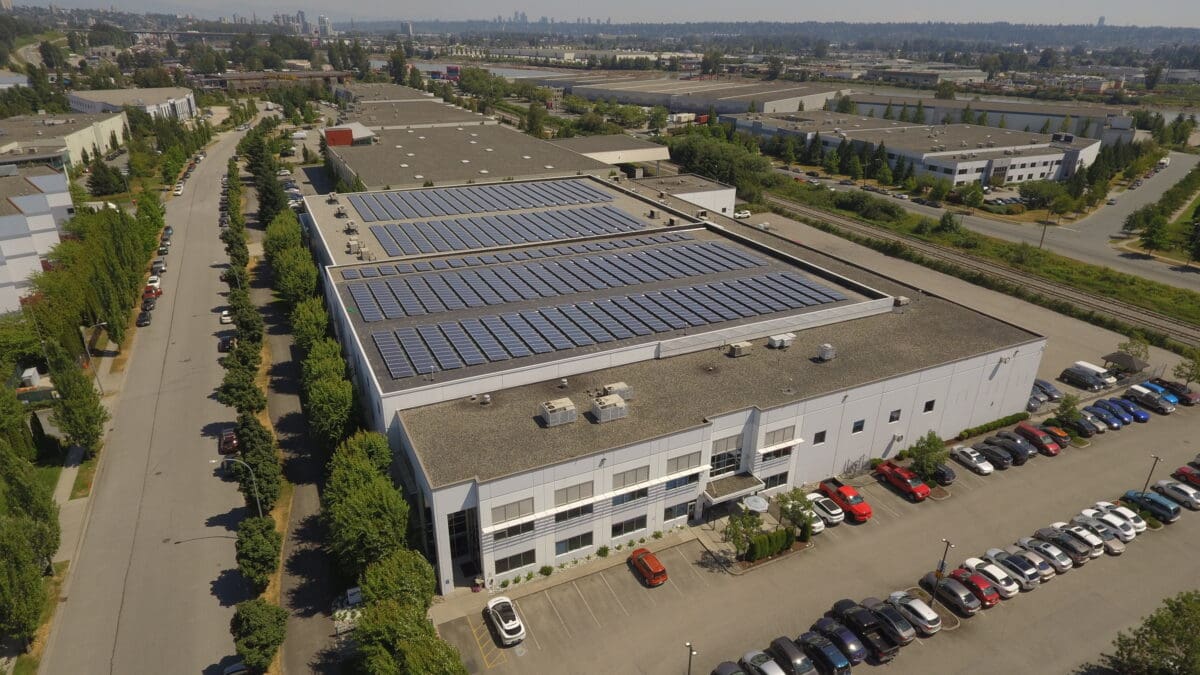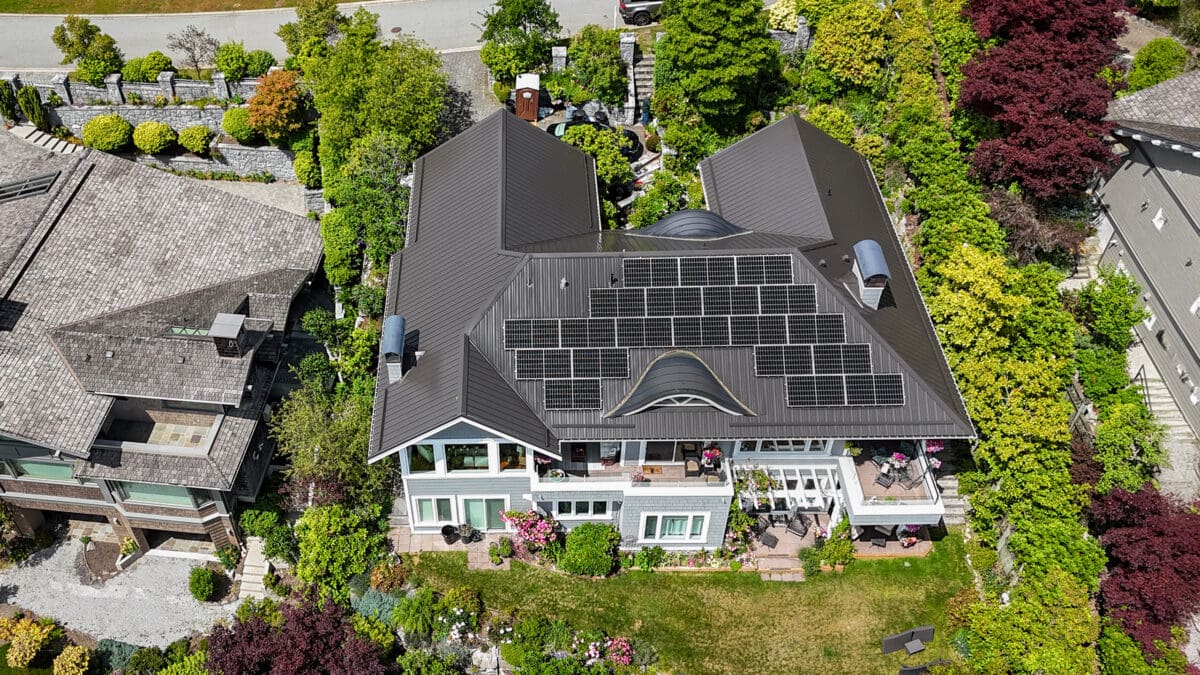This is one of the most commonly asked questions, because you need to know solar panels are going to produce enough power for your home while delivering a return on your investment. There are many factors to consider, asides from weather, to determine if solar power is an effective solution for you and your home to save money and reduce your carbon footprint. But let’s focus on the performance of solar in Vancouver’s climate.
I think we can all agree that Vancouver face’s many gloomy, cloudy and rainy days throughout the year. And this is often the factor that misguides people in believing that solar energy production is useless in these conditions. This isn’t entirely true. Yes, solar production is reduced in these conditions, but having professionally designed solar installation that accounts for these weather conditions, can actually counteract these weather dips.
The fact is that even with our overcast winter, you can still produce energy because solar panels produce electricity from ambient light as well as direct sunlight. The major factor for producing solar energy in Vancouver is that our geographic coordinates provide us with really long Summer days, allowing us to generate huge amounts of energy in the Summer. Producing energy is less effective during the shorter days in Winter, but the excess amount of energy produced in the Summer greatly exceeds the winter deficiency. With Net Metering, the excess energy generated in the Summer creates credits on your Hydro account. In the Winter, you will use energy from the grid due to lower solar production, but the credits you banked from the Summer will cover most, if not all, of your energy costs throughout the Winter, as described in our CTV interview.
So yes, we acknowledge low solar production in the Winter and this is why it’s very important to have your solar array created with this in mind to ensure you maximize your production in peak months.
What about snow or hail? Solar panels are made of extremely strong glass and are vigorously tested to withstand golf ball sized hail impacting the panels at over 80 mph. As for snow, we are lucky to live in a very mild climate. Vancouver rarely experiences cold snaps of temperatures below 0 degrees Celsius that last for more than 2 or 3 weeks. And during these cold spells, we typically only see a few days with snow, allowing for some melt-off. In fact, during the past 30 year history in Vancouver, we average only 2.9 days per year with more than 5cm of snowfall.
Snow in large quantities will impede solar production, but in Vancouver, this typically lasts no more than a few days. We factor in the past 40 years worth of weather data and the angle of the sun’s rotation to determine total solar production of your home to ensure we offset against our weather patterns. This way we are able to ensure your solar installation will generate enough credits throughout the year to eliminate your hydro bill, even in the Winter.



